31 January 2023
Eric, from @eric_pelerin, has been walking along the Camino de Santiago for the past 20 years. He shared his best shots for the photo contest winning 3rd place.
Below he tells us his story full of emotions and travel.
I am French, I am 65 years old and I started hiking on the Camino in 2002. In the mid-90s, my wife was diagnosed with multiple sclerosis: it was a big shock for her and for the whole family. We knew that our life would have to adapt to the disease. I had a depressive episode the following year, and in 2002 I wanted to take some time for myself. Inspired by the book “The Stars of Compostela” by Henri Vincenot, a novel recounting the journey to Santiago of a young companion builder of cathedrals and his spiritual master, in the 12th century, I got the idea of walking the route.
I left Puy en Velay in July 2002, for a week of walking. I walked again for a week in the spring of 2004, then a week in the fall of 2008, still on the Puy route.
In October 2014, I crossed the Gers with my eldest son.
In 2015, I negotiated a reduction in my working time and can thus devote more time to this pilgrimage. I walked 2 weeks in October that year and arrived in Roncesvalles.
In 2016, severe cruralgia prevented me from walking, and I resumed 2 weeks in March 2017, to Burgos, in October 2017 to Ponferrada and in March 2018 I finally arrived in Santiago and continued to Finisterre.
In May 2019, I set off again on the Via Lemovicensis, between Vézelay and Limoges. When I got home, I talked to my wife about my desire to leave to go to Santiago and she said yes with great enthusiasm. So I left on 3 September to arrive in Santiago on October 28 by the Via Lemovicensis which I joined in Limoges, the Camino del Norte and the Camino Primitivo. It is certainly the best gift she has ever given me. Because for her, these 2 months were long: she had indeed been in a wheelchair for almost 10 years at the time. For me, it was an extraordinary experience: leaving without knowing the return date, walking according to my mood, without following steps programmed in advance, taking the time for solitude, but also for meeting people. Discover new horizons, discover yourself.
Since then, I go back to walking for 2 to 3 weeks every year.
In October 2020, I took the Via Tolosana, the way to Arles, starting from Montpellier to Toulouse. In September 2021, I finished this path, up to Puente la Reina. And in October 2022, I am unfaithful to Saint Jacques, walking the path of Stevenson.
For 2023, my project is to walk the via de la Plata. Or, on the Via Francigena, which I discovered thanks to the rurAllure competition.
The first challenge I experienced was the physical one. I suffered a lot physically during the first years: blisters, tendonitis, contractures…
Since then, I have invested in good shoes, I take lots of care of my body: with a little preparation before departure, with stretching every evening, the physical difficulty has disappeared.
The other challenge is bad weather. The heat wave in the summer the first year (that’s why I always walk in the spring, and especially in the fall, the most beautiful of seasons), which leaves you exhausted. And in March 2018, bad weather in Galicia: snowstorm in Cebreiro and 2 days of almost uninterrupted rain afterwards: cold and humidity are not the pilgrim’s friends!
I have never felt moral suffering, I have always appreciated all the moments spent on the Way, even when I found myself alone every evening for 10 days, from Périgueux to Mont de Marsan, in 2019. I appreciate moments of solitude as much as encounters, and God knows that some are extraordinarily rich. These meetings marked me, and associated with moments of solitary introspection, made me mature (it is never too late…) and brought me a form of wisdom, I believe.
The encounters on the Way are one of my motivations to return there, as long as I am able, but the most beautiful encounter is with oneself.
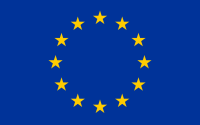
This project has been funded by the European Union’s Horizon 2020 Research and Innovation programme under grant agreement no 101004887.
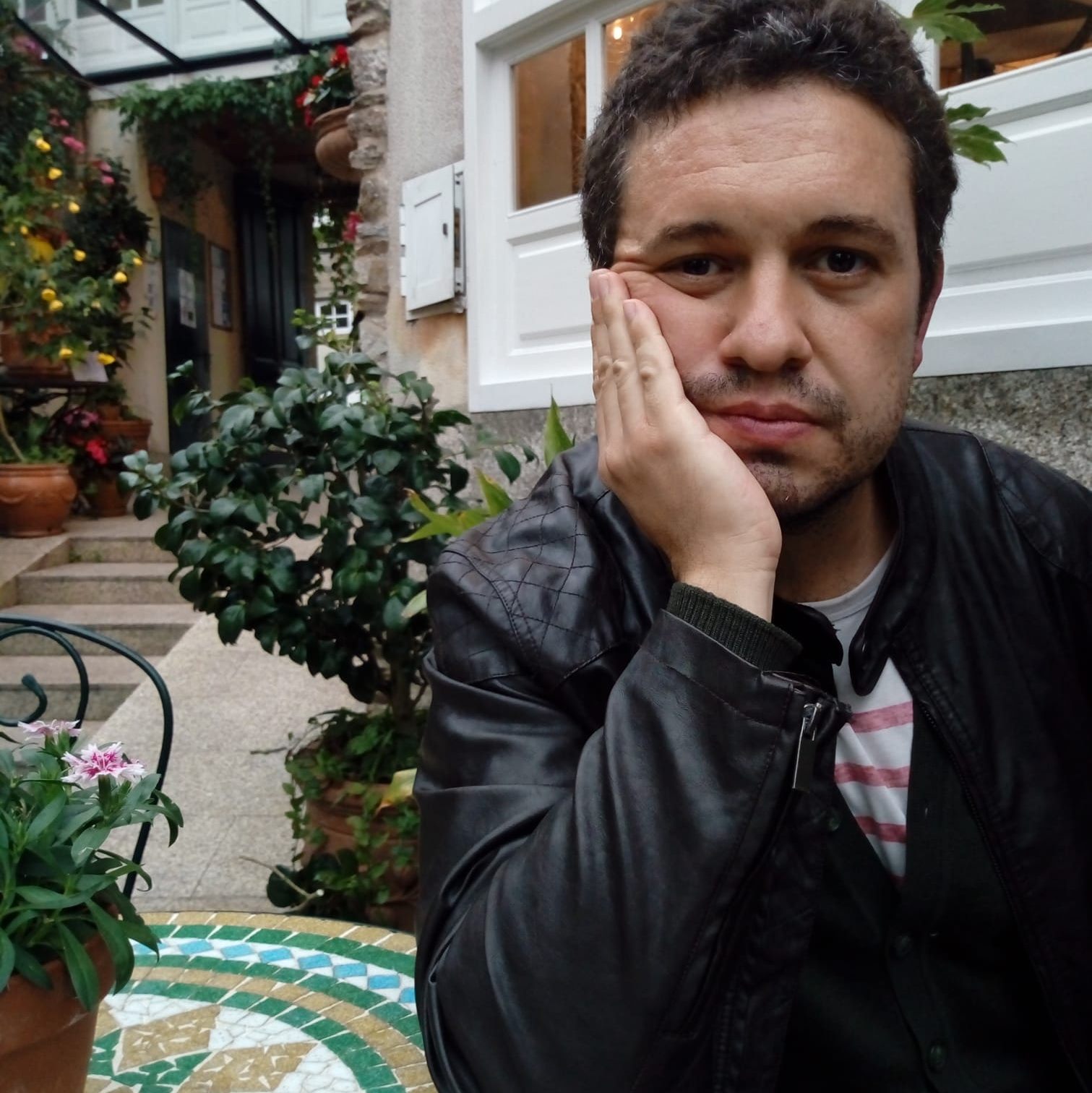
FUN Technical Assistant for Heritage Management and Disseminations. Filmmaker and Writer he has studies on Cinema Direction and Laws. Guide to Novoneyra’s House Museum.
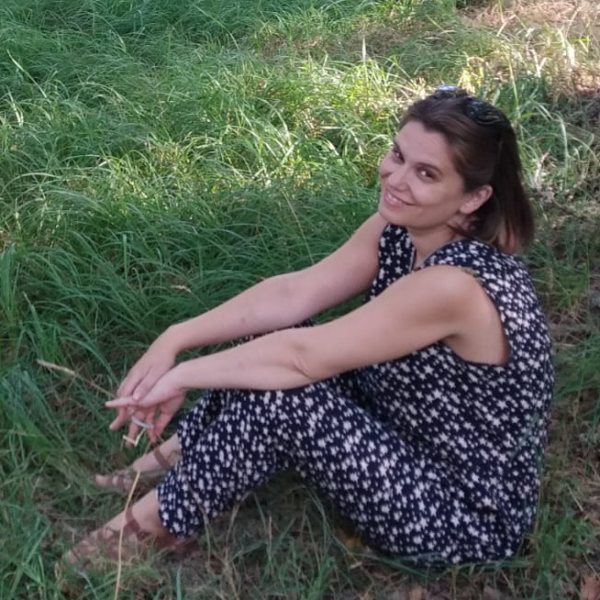
Responsible for Administrative task & management. Diploma in Social Work, specialized in Public administration and inclusion. More than 10 years of experience in management of various social care programs with different groups, developing and implementing projects of sociocultural social intervention.
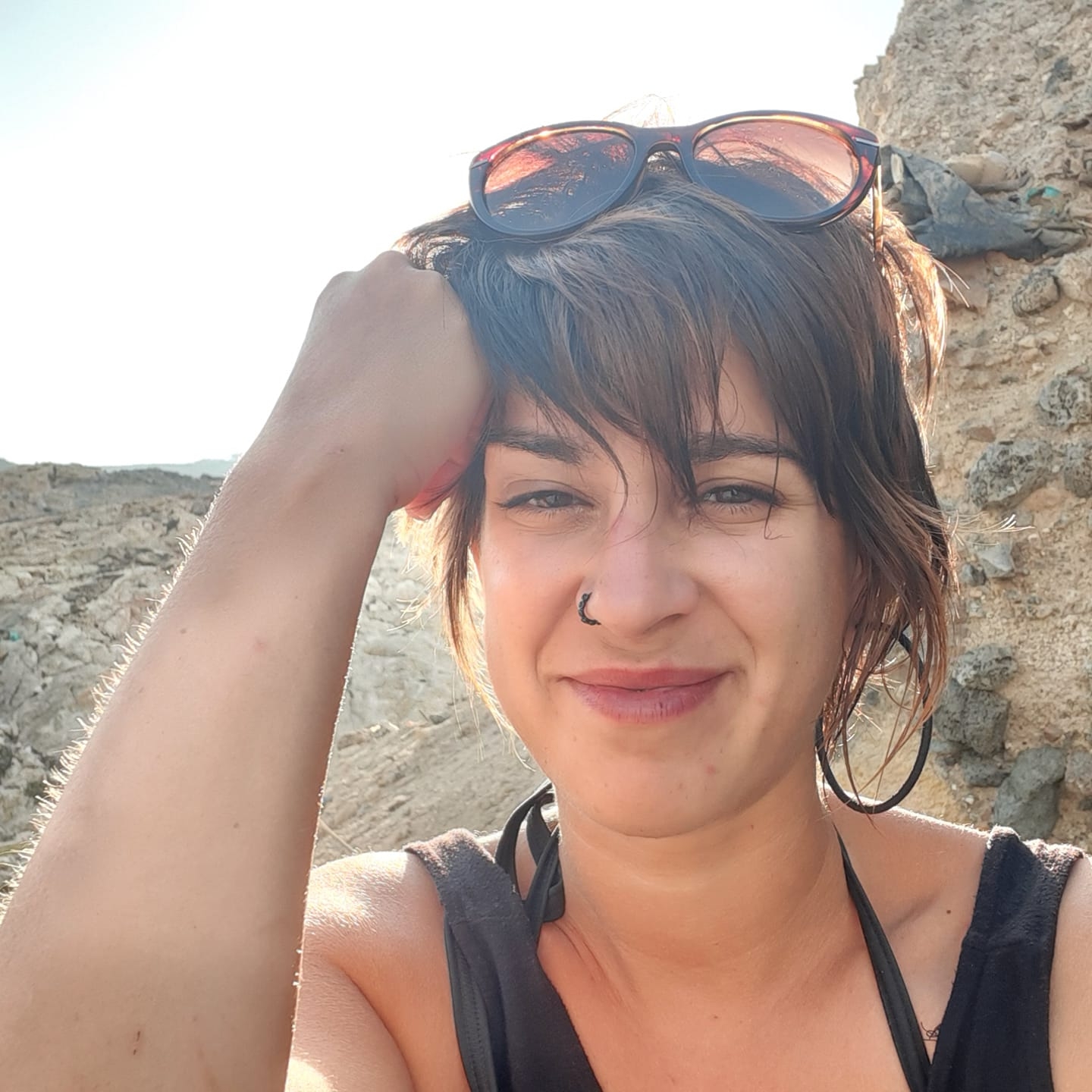
FUN Technician for Tourism Strategies and Internationalization. Phd in Journalism & Media and Postgraduate in Tourism Destination Marketing. More than 10 years of work experience in local tourism policies and strategies. Comms Officer for the European Cultural Route of Historic Thermal Towns (EHTTA) between 2016 and 2018 and certified SICTED Agent.
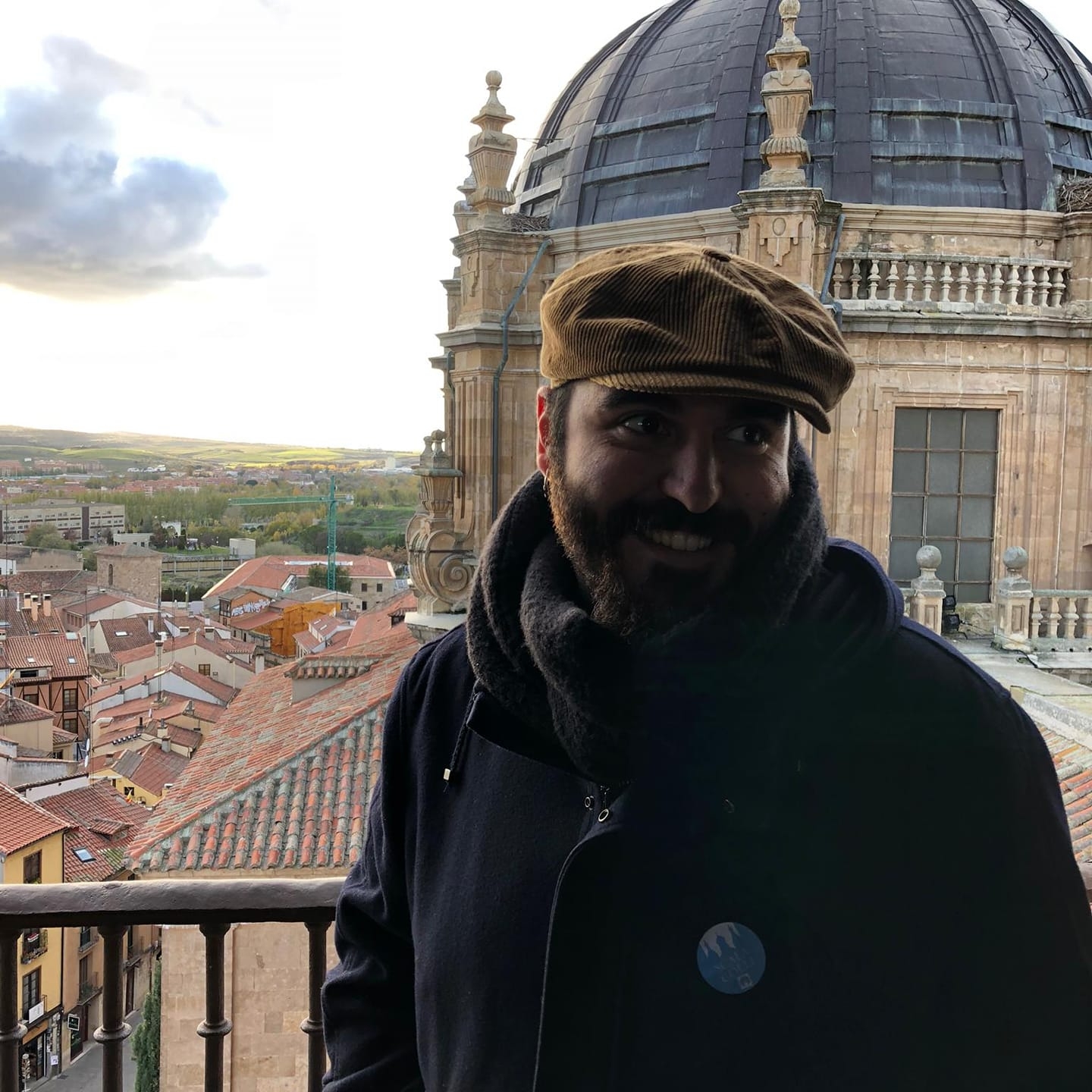
FUN Technician on Cultural Management. Phd in History and Postgraduate in Digitization of Cultural Heritage. Trained on Heritage Management, Museums and Archaeology he is responsible for the management of the FUN Archives and guide at Novoneyra’s House Museum.
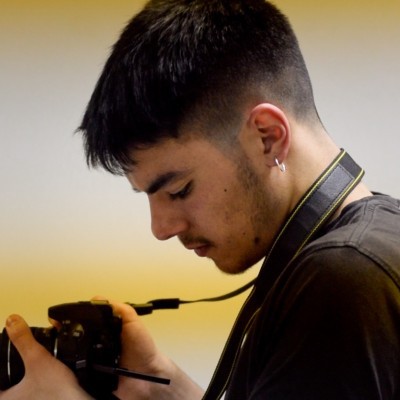
FUN Junior Technical Assistant on Communications. Degree in Audiovisual Communications. Graphic design, audiovisual contents and DigitalMarketing tools.
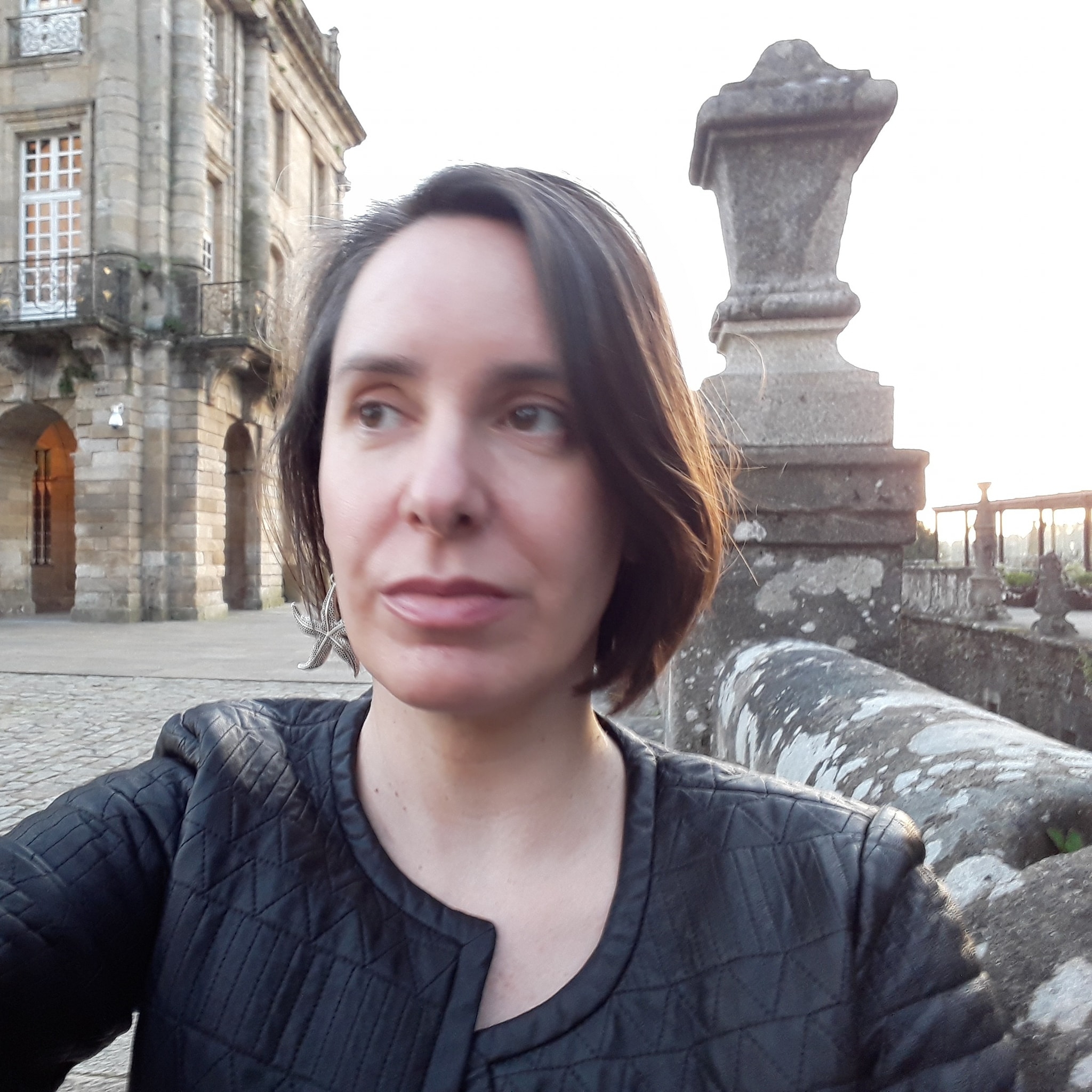
FUN Arts Director and Member of FUN Board. Technician on Cultural Management. Phd on Art Education and Political Sciences and Master in Digital Publishing. Between 2015 and 2019 she was the Deputy Mayor of the City Council of Santiago de Compostela and Cultural Policies Councillor and since 2019 opposition councillor.
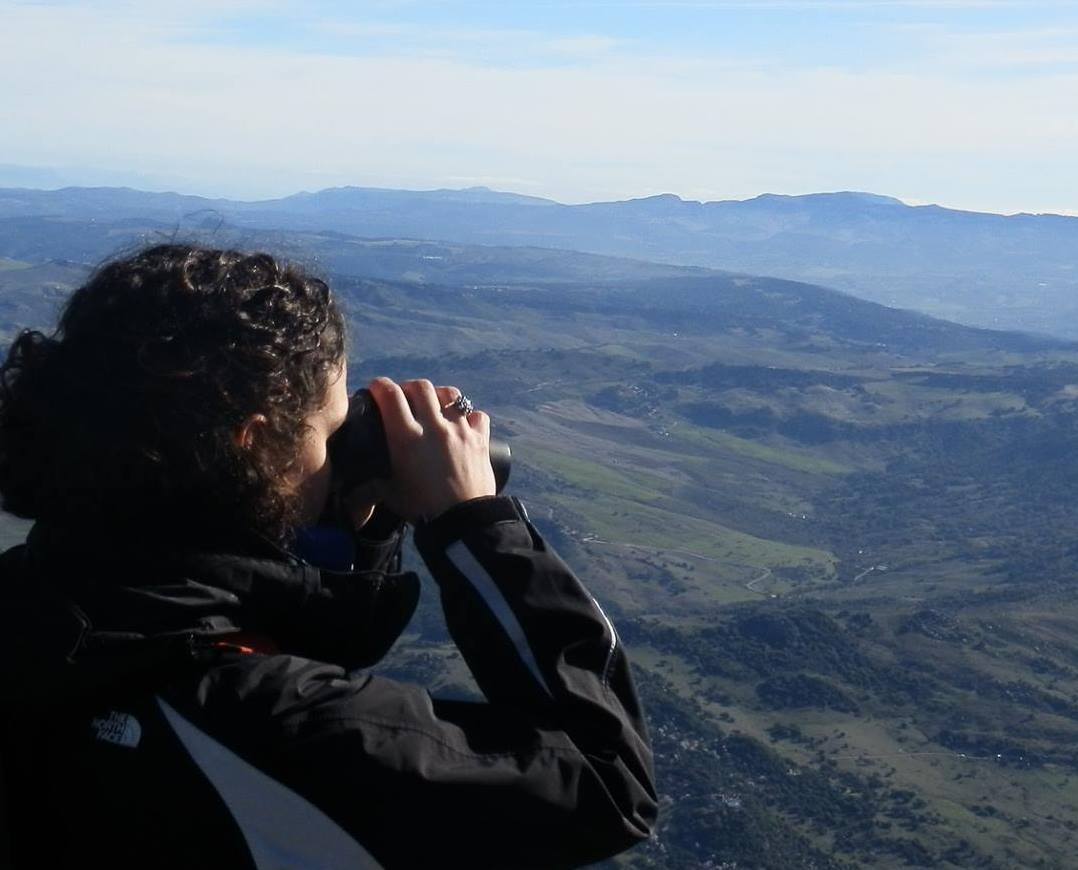
FUN Technician on Sustainability and Environmental Awareness. PhD in Biology and MSC on Biodiversity and Conservation Biology. Experienced in Environmental Education (formal and non-formal, she has volunteered with organizations including the Max Planck Institute of Ornithology and the Doñana Biological Station (CSIC).
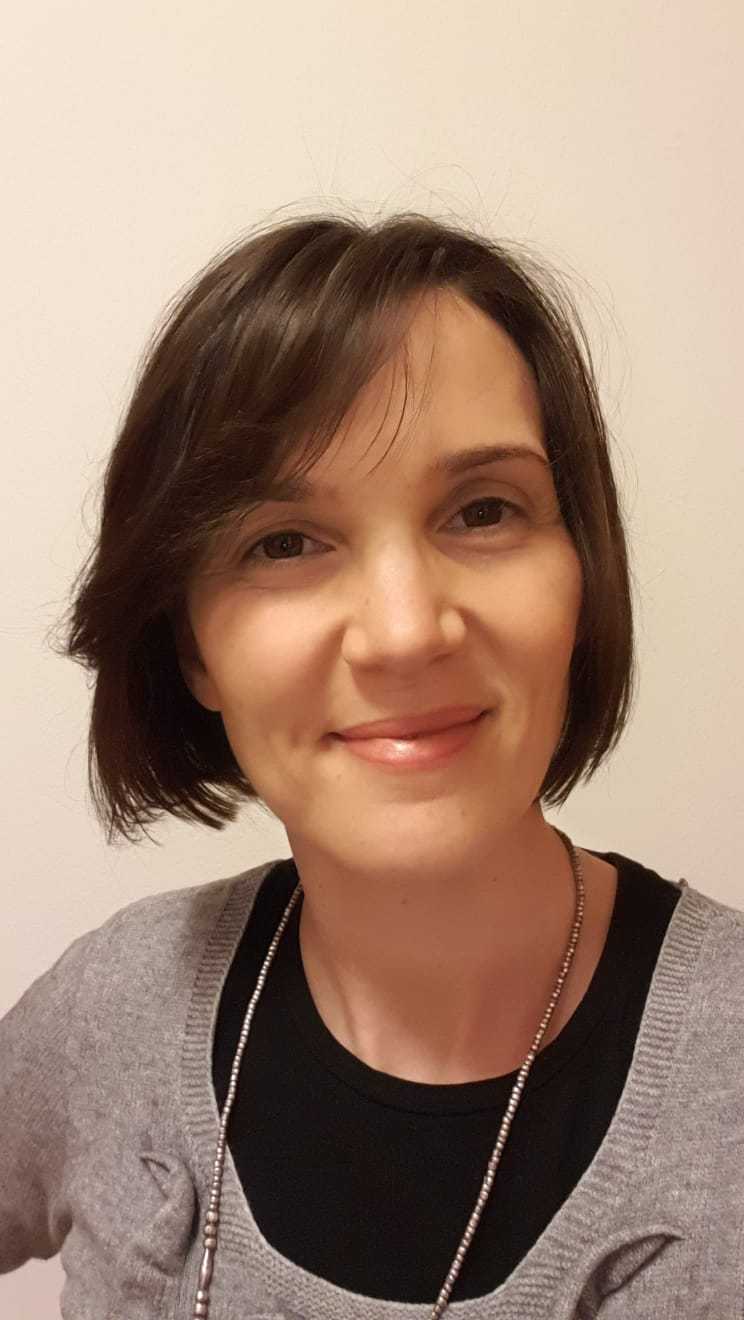
Silvia has a Master’s degree in History of Arts and Conservation of Artistic Heritage, obtained at the Ca’ Foscari University of Venice. From 2009 to 2012 she worked at the Diocesan Pilgrimages Office with the task of organizing pilgrimages to the Middle East, managing the collection of books “Bible and the Holy Land”, organizing the international cultural event “Lymph of the Olive” and to coordinate volunteers. Since 2012 she has worked at the Girolomoni Cultural Foundation in the Marche Region, with administrative tasks, organization of events and editing of the magazine Mediterraneo Dossier dedicated to biology, religion and current affairs. Since 2019, she has worked for the Homo Viator – San Teobaldo Foundation where she has the task of managing pilgrimages, the communication of the Foundation and supporting the Romea Strata project.
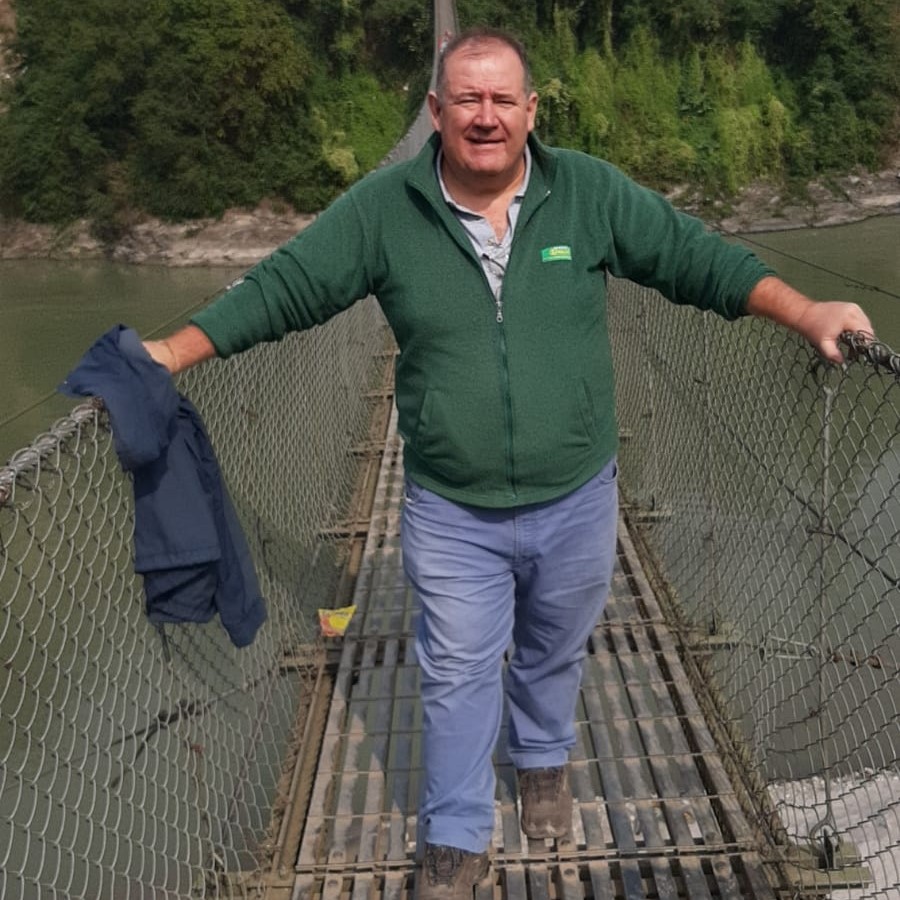
Raimondo Sinibaldi has been the Director and the legal representative of the Pilgrimage Office of the Diocese of Vicenza for ten years and the President and the legal representative of the Homo Viator Foundation, wanted by the Diocese of Vicenza. For thirty years he has accompanied groups of pilgrims in Biblical Lands and in significant places of pilgrimage, such as Rome, Santiago de Compostela, Częstochowa, Lourdes, etc. In particular, as far as the Holy Land (Israel-Palestine) is concerned, he has the official guide certification issued by the competent ecclesiastical authorities, having completed studies in the Theological Faculty of Vicenza and at the Jesuit Community in Jerusalem. He contributed to the ideation and promotion of the Romea Strata project.
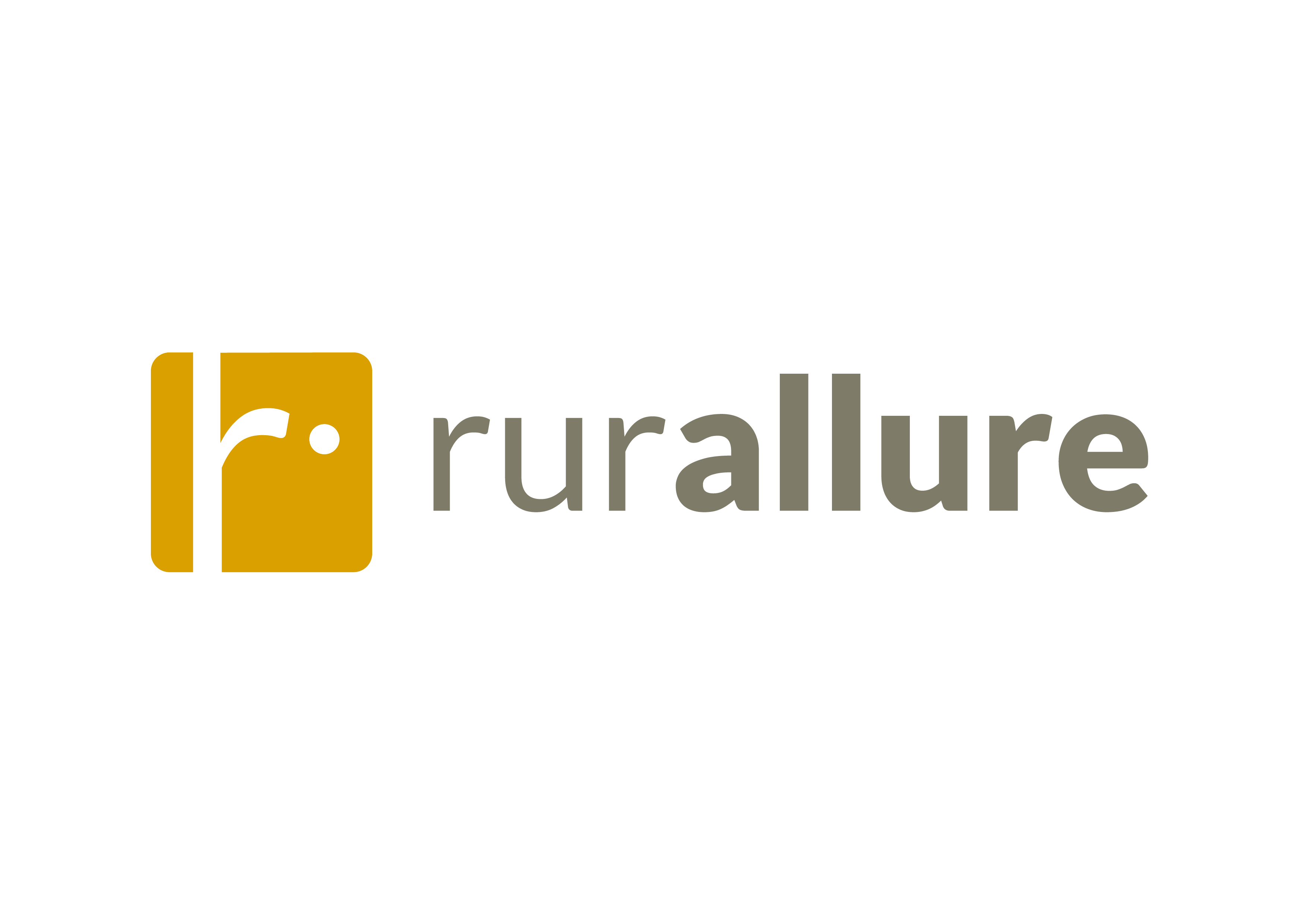
Romea Strata coordinator. has a Bachelor’s Degree in “Forest and Environmental Sciences and Technologies”. She worked at the “Regional Forest Service” in Veneto Region managing the administration of projects, as Director of extinguishing forest fire department and teaching courses in the
environmental sector. Since 2015 she works at the Pilgrimage office (now Homo Viator Foundation) managing the Romea Strata project. She traced the route, georeferenced it and collaborated in the realization of European projects for the Office.
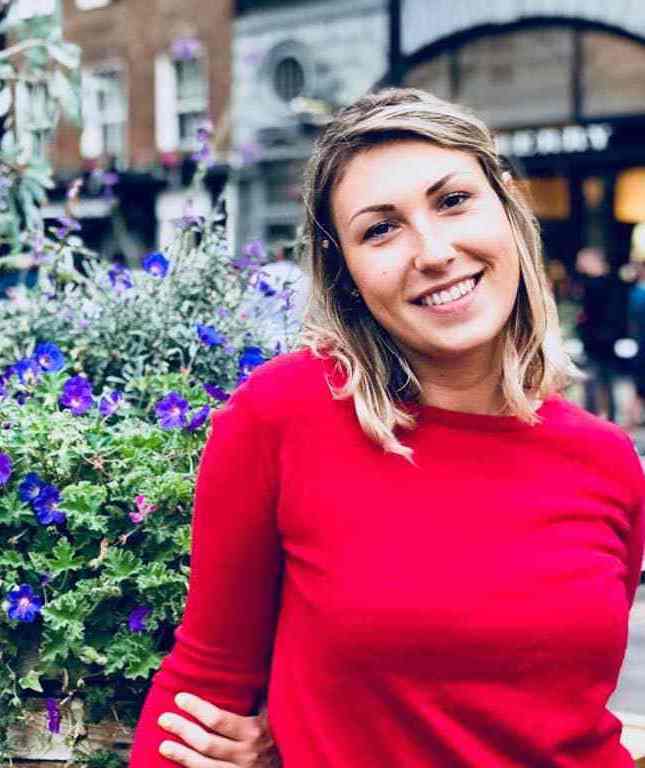
Aleksandra has a Master’s Degree in Sociology and social research. After graduation, she also attended two advanced training courses in “Innovation in social enterprises”(2015) and in “Project Management”(2019). In her last experience she worked for 4 years in a social cooperative as Accessible travel and tourism manager where her main tasks were: implementation of new accessible tourism services; organisation of holidays option for users with disabilities; management of fundraising activity; participation in EU-funded projects; care and management of the PR and communication activities; start up and management of a new accomodation facility. Since October 2019 she has worked for Homo Viator San Teobaldo Foundation as a referent for EU projects related to Romea Strata and its implementation.
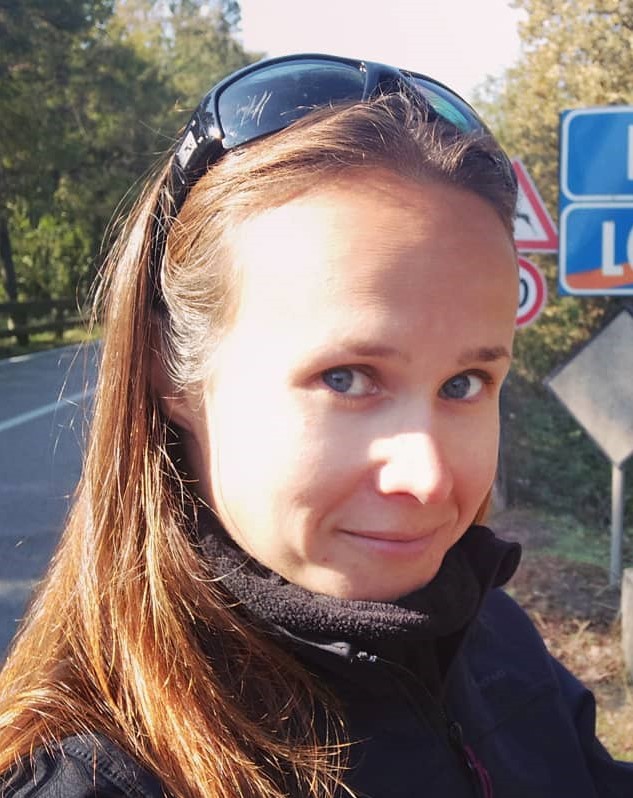
rurAllure project officer for EAVF. Myra has a background in Italian Language and Culture, and has previously worked in the field of International Higher Education. She will be managing the rurAllure communication channels and contribute to the Thermal Heritage pilot. Myra has a great love for bike touring and the environment, and is the founder and president of environmental initiative Cycle 2 Recycle.
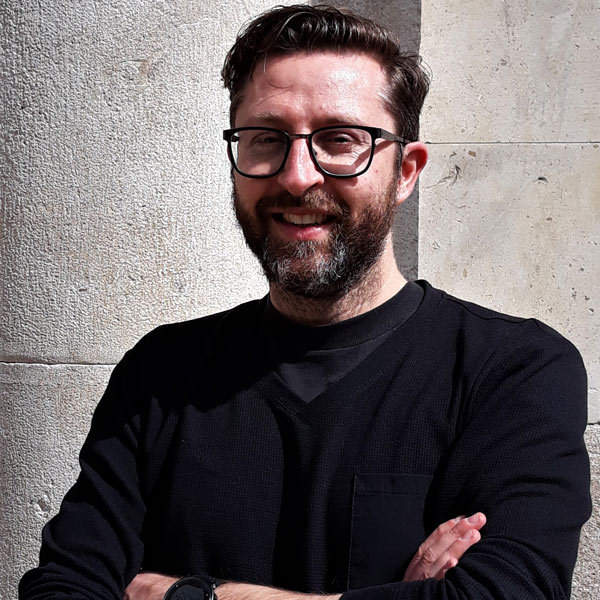
EAVF director. Leading the EAVF since 2013, Luca has extended work experience in international organisations and public bodies. With a background in art history and tourism, he is a freelance journalist, consultant, and a hiking enthusiast. Among his publications there are numerous articles in Italian internet media and a book “Via Francigena – una Strada Europea”.
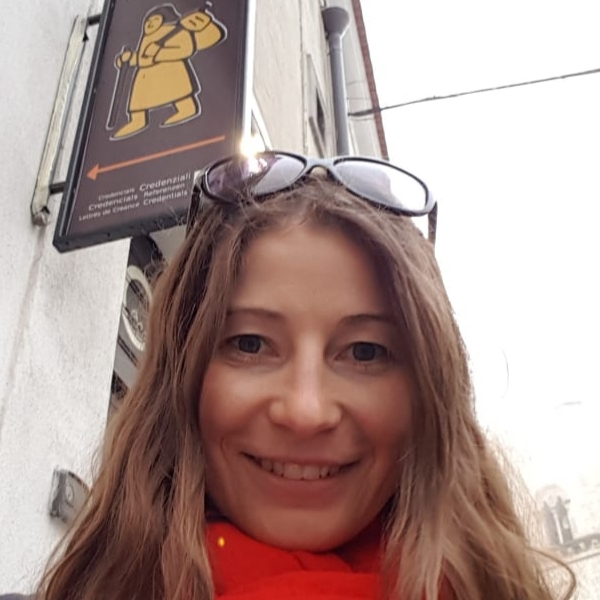
European projects and International relations advisor. With her extended work experience in international organisations and academic background in cultural management, Elena oversees international relations and manages European projects of the EAVF. A travel enthusiast, she spends her free time backpacking all over the world.
Maria Laura Gasparini is a tourism professional with over 10 years of work experience in the travel and hospitality sector. She has a degree in Tourism Economics and Management from the University of Bologna and has specialised in the role of sustainability indicators as policy making tools. Her main research interests are sustainability monitoring, community-based tourism and regenerative tourism. She is currently Research Fellow at the Center for Advanced Studies in Tourism, Bologna University, where she is contributing to the management of several EU funded projects, such as rurAllure and Fab Routes, focused on cultural routes and rural development.
Patrizia Battilani is a UNIBO Economic Historian. Her research focuses on cultural heritage valorisation, public history and economic history. She has been visiting scholar at the University of Sidney (2013) and Glasgow (2018 and 2019). She served as director of the Bachelor degree in Tourism Economics (2012-2016). She has experience on participating and managing national and international projects as Head of CAST, the UNIBO Center for tourism study. She is responsible for the UNIBO Unit of the Interreg Italy-Croatia project Recolor (Reviving and EnhanCing artwOrks and Landscapes Of the adRiatic). Between 2018 and 2019 she coordinated a transnational research on dissonant heritage focusing on the European cultural route ATRIUM. Her last publications include How to cope with dissonant heritage: a way towards sustainable tourism development in Journal of Sustainable tourism (2018) with A. Mariotti and C. Bernini.
https://www.unibo.it/sitoweb/patrizia.battilani/en
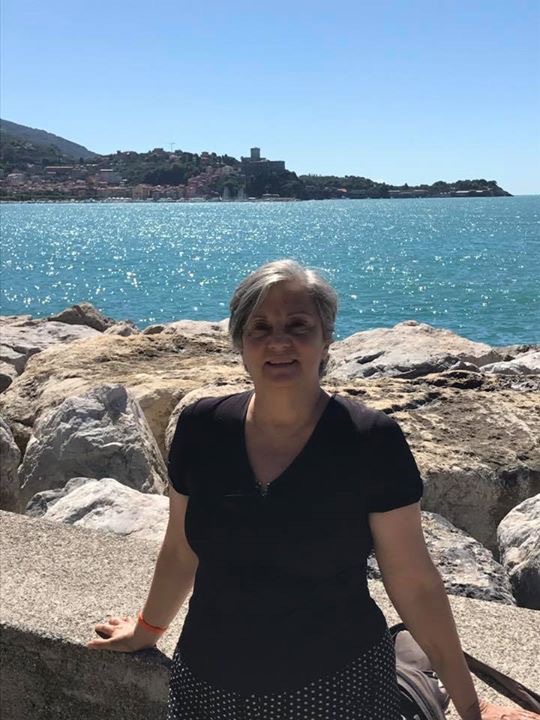
Fiorella Dallari has been a Professor of Alma Mater (PAM) since 1 November 2018, former associate professor of Political and Economic Geography since 2004 at the Rimini Campus of the Alma Mater Studiorum – University of Bologna in the Department for Life Quality Studies. In 1972 she began his research activity in the Faculty of Economics and from 1980 on didactic activity in the geographic field (disciplinary sector M-GGR / 02), with a 1st level national qualification (2012). In the field of research, she deals with tourism geography, economic-political geography and regional geography. Currently his research topics are: Local and sustainable development; Heritage and sustainable tourism; Pilgrimages, cultural itineraries and tourist routes; cooperation and sustainable tourism; Heritage, social participation and citizenship; UNESCO Heritage and Religious Heritage.
Fiorella is also founding-editor of “AlmaTourism, Journal of Tourism, Culture and Territorial Development”, a scientific journal of the University of Bologna. Engaged in national and international research projects, she collaborates with UNESCO (UNITWIN Network “Culture, Tourism, Development”; UNESCO Italian Chairs “Territory, Sustainability, Tourism” – TEST, of which she is responsible for tourism; Mediterranean Unesco Chairs – MUNCH), ICOMOS (International Scientific Committee on Places of Religion and Ritual – PRERICO member and coordinator of the Prerico National Committee). For nearly twenty years she has collaborated and collaborates with some itineraries recognized by the Council of Europe (in particular, she is president of European Association of the Vie Francigene, the Via Romea Germanica and the Romea Strata Scientific Committees).
Author of over 150 publications, she received the Vallega prize for research on cultural-historical itineraries (2008).
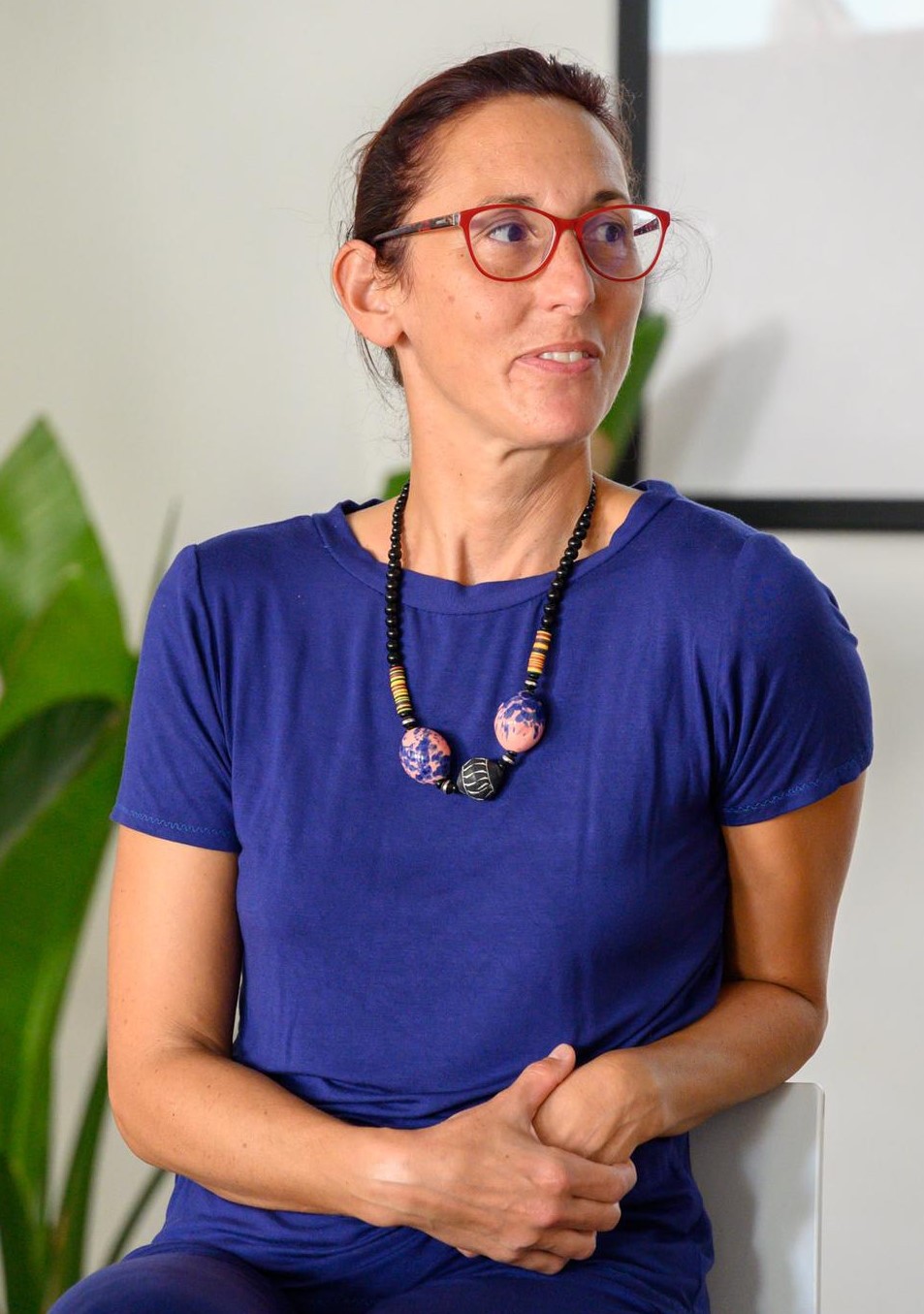

Lorem ipsum dolor sit amet, consectetur adipiscing elit. Vivamus vulputate velit sed vestibulum vestibulum. Pellentesque varius accumsan mi, sit amet euismod dolor egestas nec. Aenean scelerisque magna et tortor porta mattis. In molestie id neque id posuere. Sed quis lacinia nunc. In metus felis, maximus vitae urna ut, scelerisque mattis eros. Vestibulum quis turpis at enim volutpat commodo. Donec aliquet tellus eget ligula viverra aliquam luctus non mi. Nunc a quam ac nisi tristique imperdiet. Nullam in auctor elit, eu congue mi. Sed quis nisi pharetra, convallis turpis vitae, fringilla neque. Etiam non lectus lorem.
Aenean et vulputate quam, et sodales tortor. Suspendisse fringilla euismod ultricies. Quisque pulvinar leo mauris, eget dignissim turpis bibendum ac. Integer semper consequat magna. Donec ornare risus at justo eleifend pellentesque sed sit amet turpis. Aliquam id nibh id nibh dictum rutrum non et enim. Cras at varius massa. Duis tempus sed lectus et lacinia. Morbi imperdiet lorem vel mollis lacinia. Cras vel tincidunt ex, eget congue enim. Sed et gravida orci. Maecenas lobortis vulputate mattis.